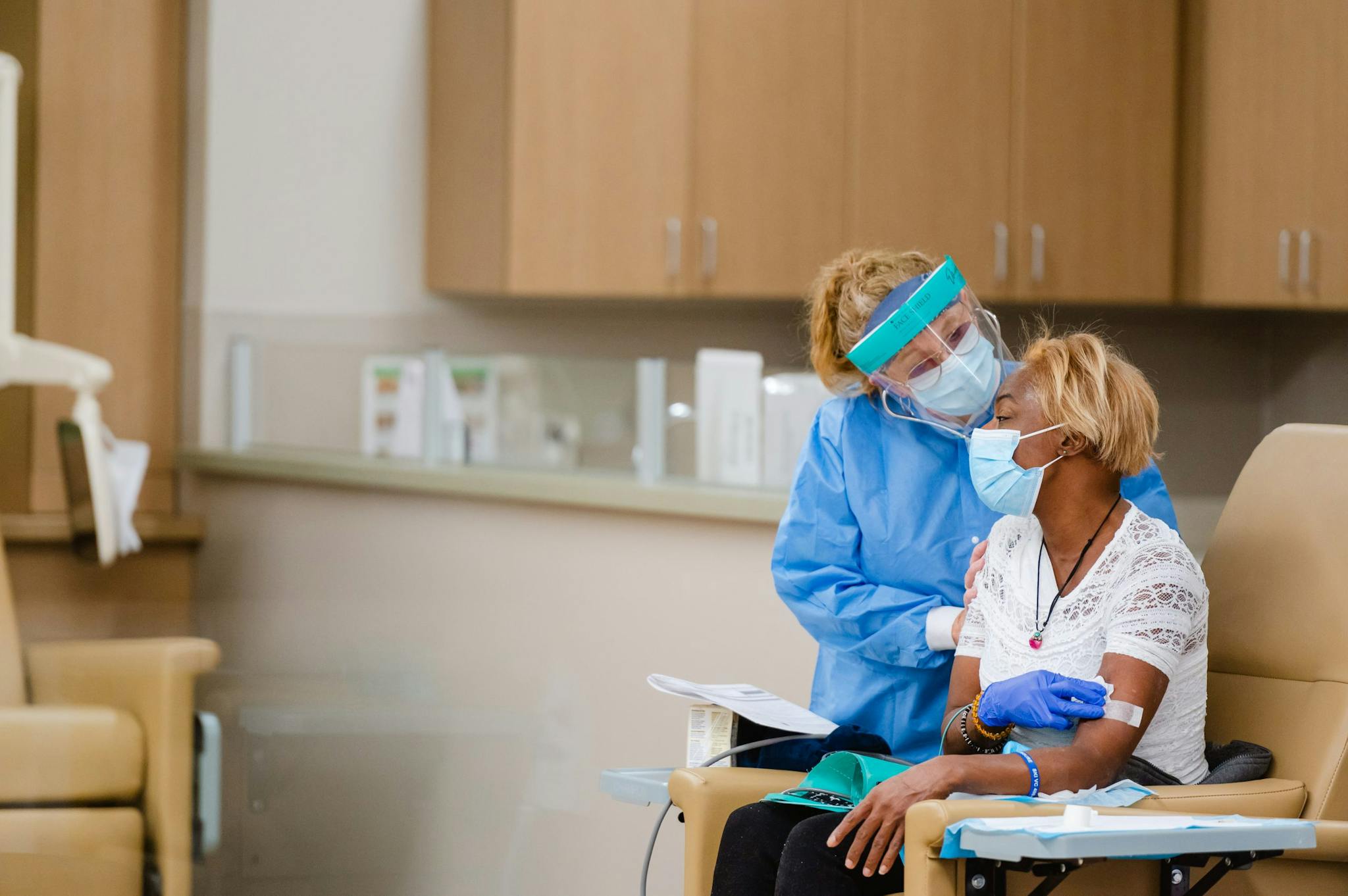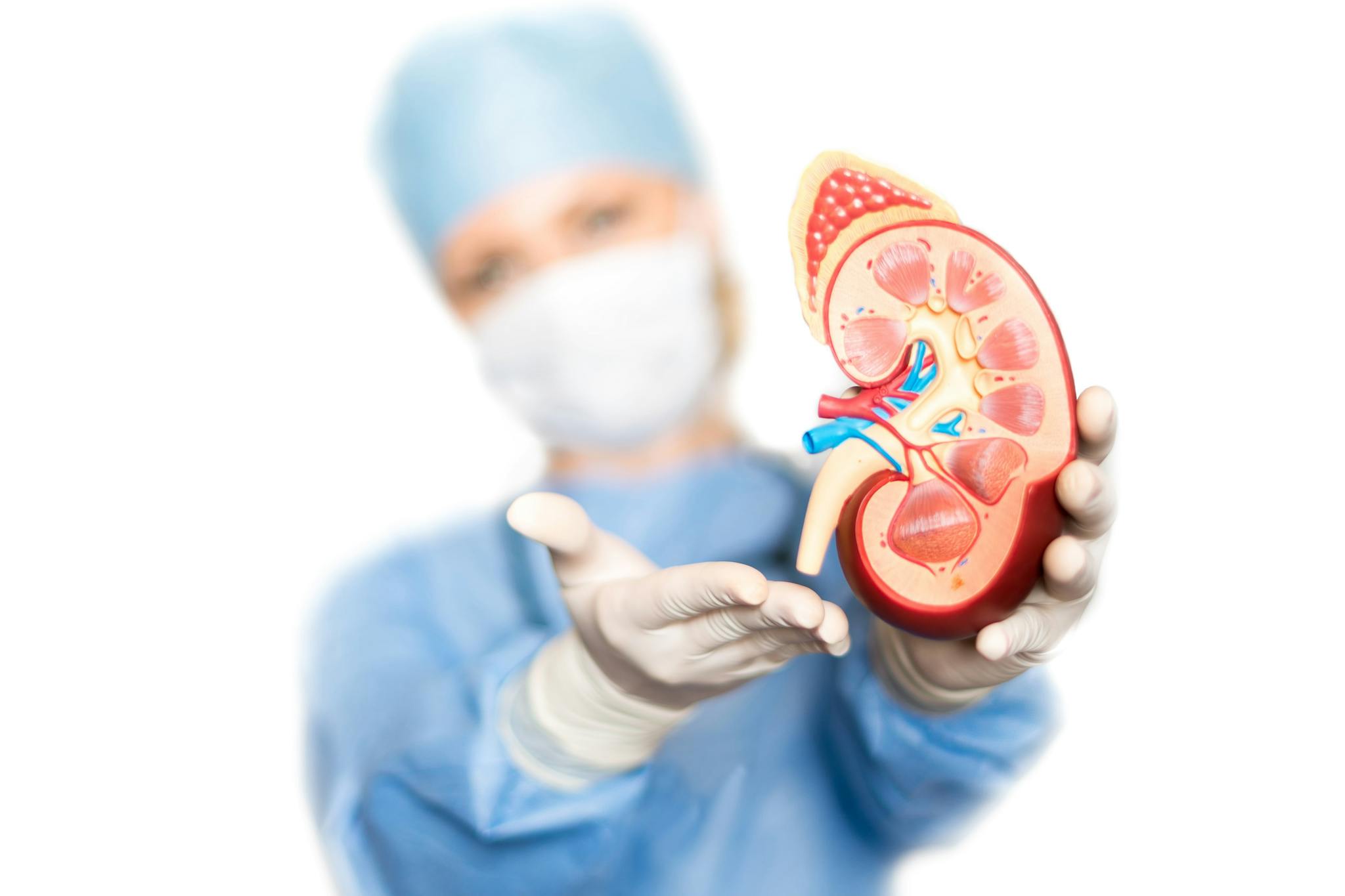
2023-02-15T16:39:02
Understanding Care Coordination & Its Value
- Nephrology
- Value-Based Care
September 22, 2016 | Nephrology
Specialties:Nephrology (Kidney Care)

It is estimated that 31 million Americans suffer from kidney disease. However, since kidney disease symptoms are not necessarily noticeable in the early stages, many of those with kidney disease do not know that they have it. Since kidney disease is a progressive disease, early detection is key. The sooner you know, the sooner you can begin the lifestyle changes that may slow or halt further kidney damage.
Knowing the symptoms of chronic kidney disease can be helpful in detecting it early. Common symptoms include:
Many symptoms of kidney disease are nonspecific, which means that they could be caused by any number of illnesses. It is possible that noticeable signs of kidney disease may not occur before you have suffered irreversible kidney damage. Because of this, many doctors perform regular screenings, such as urinalysis, to detect possible kidney disease.
About one in three Americans is at risk of developing kidney disease. A number of individuals have a higher than normal chance of developing a chronic kidney disease. These people include those who are over the age of 65, those who belong to certain ethnic groups, those who currently have a condition such as diabetes and high blood pressure and those who have heart disease.
If you are a member of any of those groups, your doctor should be doing tests regularly that can help expose potential kidney problems.
Many individuals are able to slow or stop further kidney damage by making changes to their diet and their lifestyle. A few of the things that may be recommended to help you keep kidney disease in check:
Medication. Kidney disease can make it more difficult to control blood pressure. High blood pressure can also cause further kidney damage, so medication can help with both issues.
Changes in diet. Many foods like pasta, high fat foods and high sodium foods are not tolerated well and can cause further kidney damage. Other foods can help protect kidney health. Many fresh vegetables, such as broccoli and cauliflower, and fish that are high in Omega-3 fatty acid are all part of a kidney protective diet.
Weight loss. Your doctor may recommend a medical weight loss program if you have chronic kidney disease and you are overweight.
Regular exercise. Exercise can help strengthen muscles, including the heart. It can also make you feel better in general, which can be beneficial during kidney treatment.
Dialysis. If your kidney function falls too low, your doctor may recommend dialysis to help your body process waste. This can help with issues such as excess fluid in the blood. Left unmanaged, excess fluid can cause chest pain. uncomfortable swelling and cardiac issues.
If you are at risk for chronic kidney disease, treatment is critical. By following your doctor’s recommendations for kidney disease screening and treatment, you can stay healthier and enjoy a longer life. Make an appointment for a check-up today.
WRITTEN BY:
The Live Better Team

2023-02-15T16:39:02

2019-10-10T13:34:53

2019-04-03T13:30:08

2018-03-19T11:05:38
This information is not intended to replace the advice of a medical professional. You should always consult your doctor before making decisions about your health.